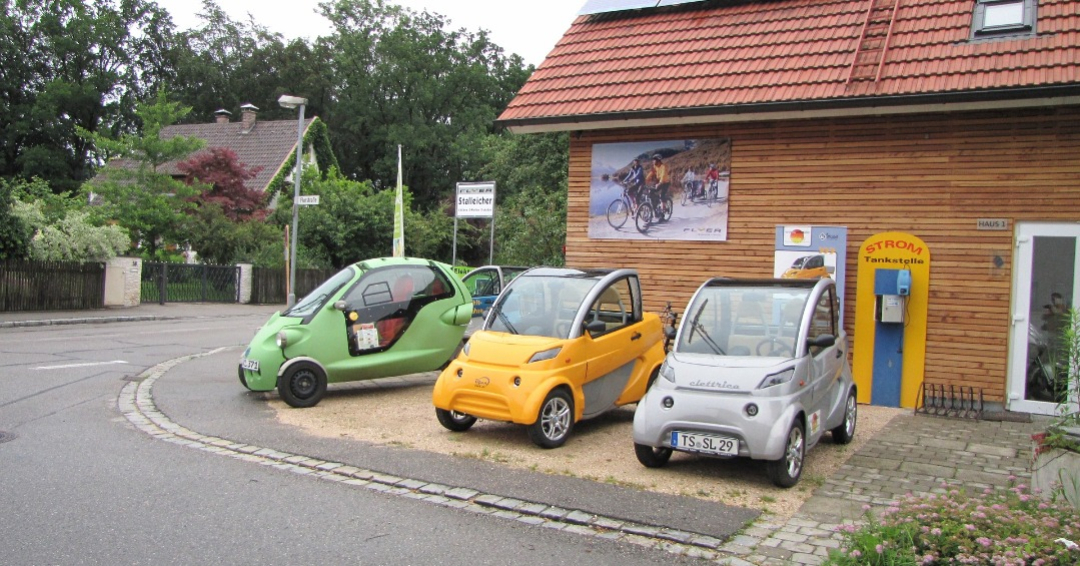While electric vehicles are recognized as a way to reduce emissions and mitigate climate change, there has been limited research on the actual health benefits of reduced air pollution from these vehicles. Most studies have been hypothetical and not based on actual data. Researchers from the Keck School of Medicine of USC led by associate professor Erika Garcia, have started a study using real-world data from the State of California to examine the impact of electric vehicle adoption on air pollution and public health. This is the first study of its kind and it was published in the journal Science of the Total Environment.
Researchers compared data from 2013 to 2019 on zero-emission vehicle (ZEV) registration, air pollution levels, and asthma-related emergency room visits across the state. They found that as ZEV adoption increased in a particular zip code, local air pollution levels and asthma-related emergency room visits decreased in that area. For every additional 20 zero-emission vehicles (ZEVs) per 1,000 people, there was a 3.2% decrease in the rate of asthma-related emergency visits and a slight decrease in nitrogen dioxide (NO2) levels.
Although zero-emission vehicle (ZEV) adoption increased over time, low-resource zip codes had considerably slower adoption rates. In zip codes where 17% of the population had a bachelor's degree, there was an average annual increase of 0.70 zero-emission vehicles (ZEVs) per 1,000 people. In comparison, in zip codes where 47% of the population had a bachelor's degree, there was an average annual increase of 3.6 ZEVs per 1,000 people. Lower-income neighborhoods, tend to experience more pollution and associated respiratory problems than wealthier areas. The adoption of zero-emission vehicles (ZEVs) in these neighborhoods could provide significant benefits.
However, it is important to remind people that transitioning to zero-emission vehicles (ZEVs) is just one aspect of the solution. Other important ways to improve environmental and public health include shifting to public transportation and active transport, such as walking and biking.
Source: Clean Technica

